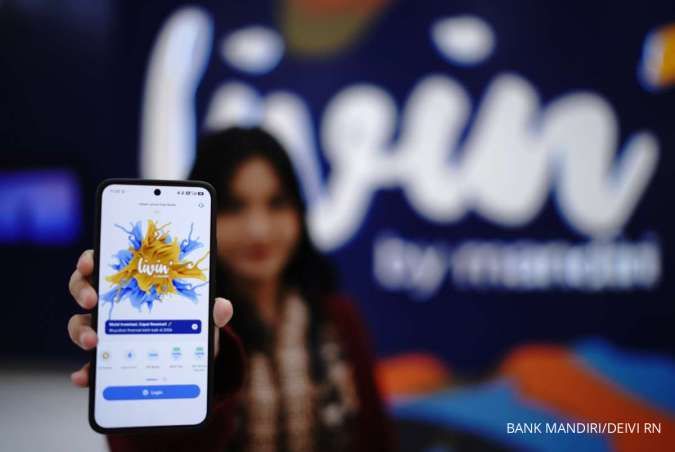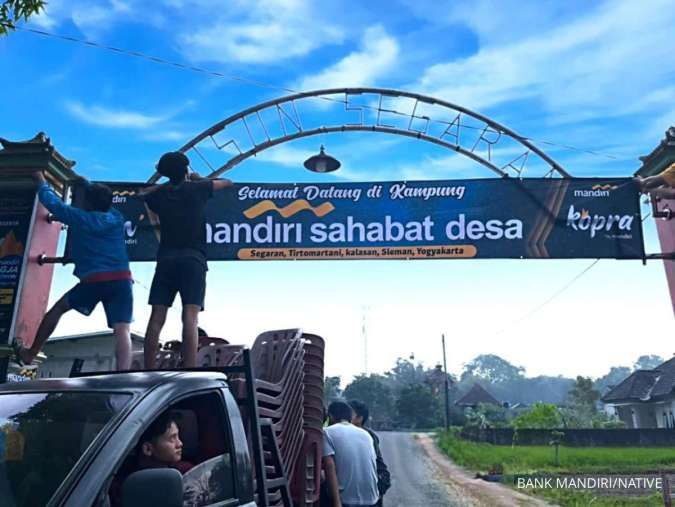KONTAN.CO.ID - JAKARTA. Four years after his election, President Joko “Jokowi” Widodo has yet to fulfill many of his promises on the issues of human rights and graft eradication. Jokowi, who was sworn in as president on Oct. 20, 2014, after defeating former general Prabowo Subianto, did not consider the issue of human right a priority, according to the Commission for Missing Persons and Victims of Violence (Kontras). “His administration failed to accomplish most of its initial commitments about human rights,” Kontras commissioner Yati Andriyani told The Jakarta Post on Saturday.
After four years, Jokowi still ‘has lots to do’ for human rights, graft fight
KONTAN.CO.ID - JAKARTA. Four years after his election, President Joko “Jokowi” Widodo has yet to fulfill many of his promises on the issues of human rights and graft eradication. Jokowi, who was sworn in as president on Oct. 20, 2014, after defeating former general Prabowo Subianto, did not consider the issue of human right a priority, according to the Commission for Missing Persons and Victims of Violence (Kontras). “His administration failed to accomplish most of its initial commitments about human rights,” Kontras commissioner Yati Andriyani told The Jakarta Post on Saturday.

